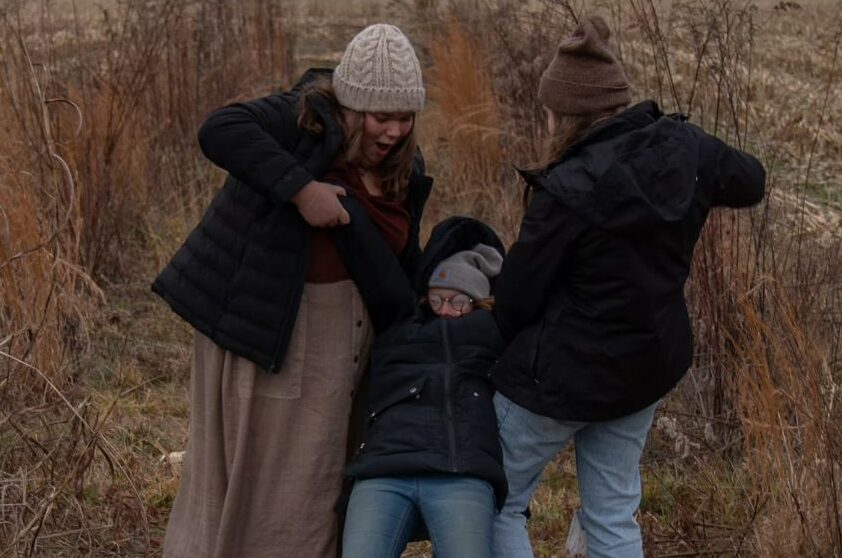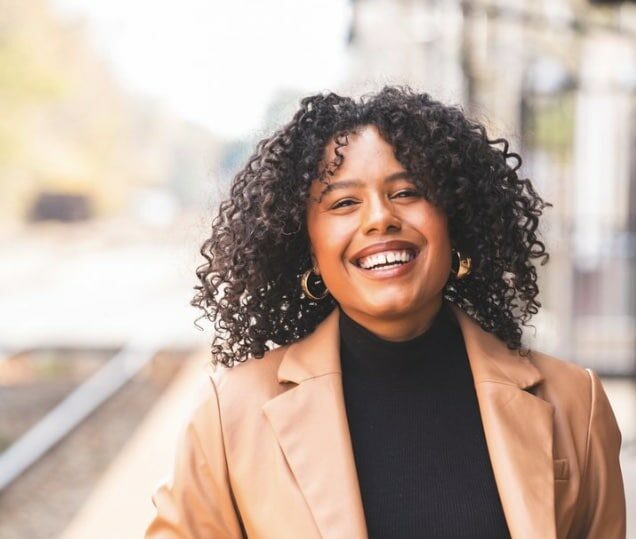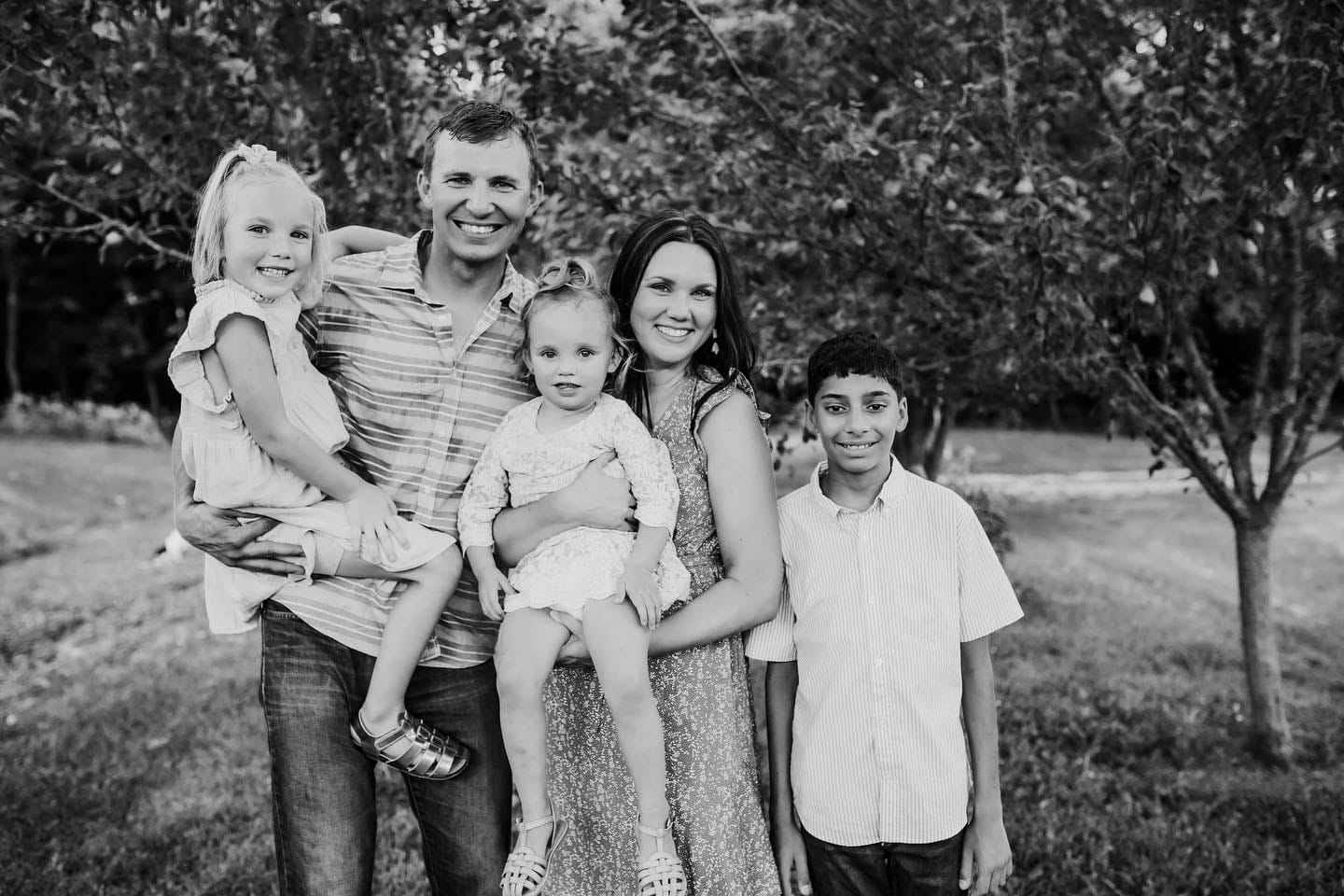
In sharing about my family’s journey in foster care and adoption, there is an invisible line between avoiding private information and being too forthcoming. I tend to dance back and forth across that line, carefully protecting my boys’ stories and our family’s vulnerability, yet attempting to share enough to be transparent and honest.
We were licensed foster parents for 5 years and just recently closed our home this past winter after finalizing our third adoption. We began researching foster care when our biological kids were 3 and 2 years old, and were licensed and open for placement a year later. During those years, we fostered 5 boys, adopted 3 of them, and witnessed the beautiful and successful reunification of 1 boy with his mom.
Prior to fostering, all I knew were the stereotypes. Stories of “bad” parents who willfully neglected or abused their children. These stories made me fearful of biological parents and territorial over their children, even before having a foster child placed in our home. Our first foster placement arrived in the middle of the night without any personal belongings aside from the clothes he was wearing, exactly like the stories I’d heard. But over the following months, his mother worked diligently alongside CPS and a counselor, attended every monitored visit and sent me letters thanking me for the care we provided her son. Her hard work and grace showed me a different picture of foster care – the love of a mother despite separation and scrutiny, the terrible circumstances of growing up in poverty, and the strong desire to do better for her children. He was successfully reunited with his mother, and while we grieved when he left our family, we equally rejoiced that his mother changed her world for the benefit of her son. I’m thankful that our first foster placement was a successful reunification, that walls were torn down in my heart and my prejudice towards biological families with kids in care was brought to light. The histories of our boys is not one of bad parents who we should work against and fear. It’s a deeply layered story of poverty, addiction and mental health issues that often reaches back multiple generations.
To enter into foster care is to welcome these issues of poverty, addiction and mental health, and the resulting trauma, into your life and home. I don’t say this to be scary, but to say that the hours of training, the required books and support groups, the frequent visitations are there for a reason. To come alongside hurting children as they heal is a battlefield, and one that requires realistic expectations, support from others, and the wisdom of those who are experts in the field of trauma and trust.
For those wanting to become involved in foster care, find the foster families. We know the resources, the agencies, the state minimum standards, the laws, and the greatest areas of need in our communities. Ask us questions and share your heart, but be prepared to have your beliefs challenged and your heart broken. The need is so large, and all parties involved need support. Primarily the kids in care. They bear the weight of the trauma as well as the expectations to heal within the time frame given – before their state support ends, before the adults in their lives give up, before they lose the Medicaid benefits that cover the expense of medical and psychological treatment. Support is also needed for the caseworkers working endless hours, the agencies working to maximize every penny in every dollar they are granted, and the foster families dedicating their lives and opening their homes.
But to support foster families, you may have to look hard, because we, the foster parents, often hide the struggles and pain of foster care behind brave smiles and large coffee cups. We do not want the public to see the struggle, the mess, the life disruptions and blame us for choosing this brokenness. Or even worse, to blame the children. We are walking rough roads alongside hurt children and hurt biological families, so to protect the child, their parents, and ourselves, the truth of the hard is often not fully shared. You may have to seek us out and serve without being asked.
The team that came alongside and supported us over the past 5 years is incredibly precious to me. A few friends showed up with coffee, dinners and childcare help, though I never vocalized the need. Even more impactful was when they sat with me as I cried for the broken hearts, bruised bodies, fight or flight behaviors I didn’t know how to manage – and did not ask questions. Agency case managers, CASA volunteers and CPS caseworkers who love their kids long after they are removed from their caseload are forever my family’s advocates and champions. Doctors and therapists who know the gritty details of rare diagnoses, developmental delays, sensory processing disorders and the deep, sinister impact of trauma, yet regularly validate the growth, development and healing that is slowly but surely taking place. Family members who accept and love each boy as they do my biological kids. And fellow foster and adoptive mamas, many of whom I have yet to meet in real life, yet we’ve somehow connected through online support groups, Instagram accounts and text messages to echo “me too” and together heave a collective sigh, because we understand the struggles and victories that come with each waking (and more often, sleeping) moment in our kids’ lives.
Each of our boys has impacted my family profoundly. From the 3 week stay to the forever, we will always remember each of their names, their stories, and their moms. And I will also always remember their caseworkers, CASAs, and the ways friends provided for us as we walked through the hardest yet most rewarding and blessed years of our lives so far.
Instagram: @leslieastamps
Above photos by: Shelly Niehaus



